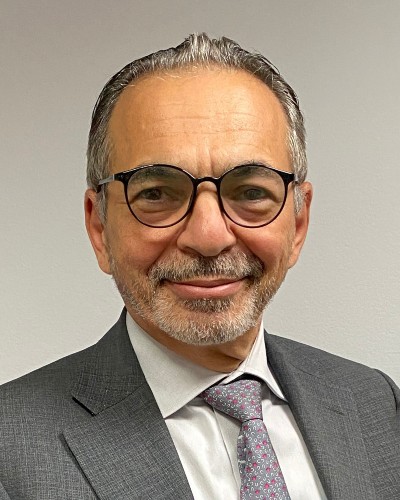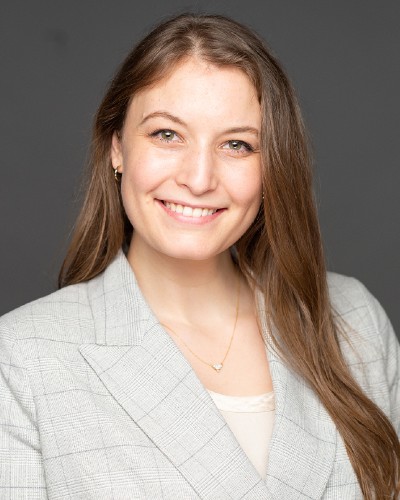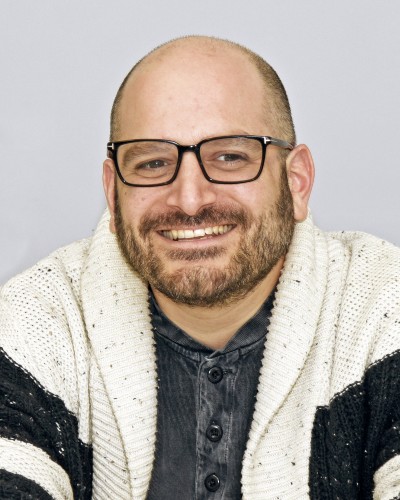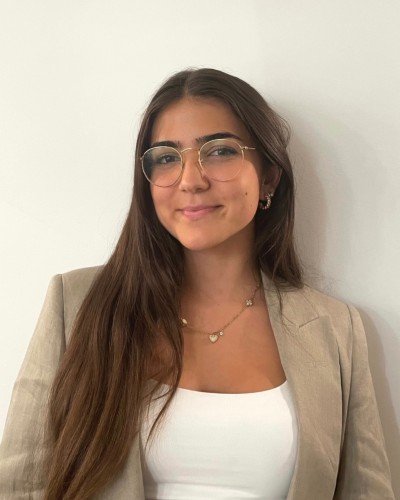Meet the Team
Meet the Team of Experts
Meet Our Team of Professionals
Led by Dr. Galynker, The Galynker Family Center for Suicide Prevention represents an exceptional collaboration among dedicated psychiatrists, psychologists and mental health professionals, trained in the NCM framework of suicide prevention and with extensive expertise in suicide risk management. The Suicide Prevention Center team has emerged from the staff of its sister clinic, the Galynker Center for Bipolar Disorder. Having strong training and experience working with suicidal patients with mood disorders at the Bipolar Center, the team members came to see the need for a more specialized treatment setting as well. While the team’s work at the Bipolar Center continues, the specialized services needed for suicide risk reduction are conducted through the Suicide Prevention Center with its own structure and identity.

Igor Galynker, MD, PhD
─
Psychiatrist & Director
Dr. Galynker is a Professor of Psychiatry at Icahn School of Medicine at Mount Sinai, Director of Suicide Research Laboratory at Mount Sinai Behavioral Health Center, and Founder and Director of The Galynker Family Center for Bipolar Disorder and The Galynker Family Center for Suicide Prevention.
He was board-certified by the American Board of Psychiatry & Neurology Psychiatry in 1993, attended Medical School at the Albert Einstein College of Medicine, and completed his residency training in psychiatry at Mount Sinai Medical Center in New York City. Dr. Galynker has an extensive experience in suicide risk prevention.
He published extensively on the topic, including critically acclaimed books “Talking to Families About Mental Illness: What Clinicians Need to Know” and “The Suicidal Crisis: Clinical Guide to the Assessment of Imminent Suicide Risk”. Dr. Galynker and his team developed a novel suicide prevention treatment framework based on the Narrative Crisis Model of Suicide.
“I changed the focus of my clinical work to suicide prevention after, as a young attending, in 1994, I lost a patient to suicide. It took me years to heal from his death. He did not tell me about his plan to end his life but did share that his life felt like a train plunging into a dark, deep tunnel with no exit. He also told me that he could not stop thinking about what he had done to cause the betrayal by his partner, a wound that seemed irreparable since his partner had passed away.
Now, in retrospect, I know that my patient was experiencing an acute suicidal mental state, what we now call the Suicide Crisis Syndrome or SCS. I have seen it in dozens of suicidal people since then, regardless of whether they revealed their suicidal plans. I have been able to treat them with medications to ease their emotional pain and clear the mental fog, enabling them to engage in psychotherapy. This process has helped them transform their Suicidal Life Narratives, without a future, into life-affirming narratives with a bright future worth living for.
Many of my patients with SCS have later told me that I saved their lives. Some admitted they had detailed plans to end their lives, which they were hiding from me, just like my first patient who died. This made me believe that we have truly developed an effective method to identify and help those who are in imminent danger of taking their lives.
I want nothing more than to be able to continue using this method to save those who are in too much pain to live. This is my ultimate goal and also the most important goal of the Family Center for Hope and Healing.”

Ariel Tabachnik, MD
─
Psychiatrist
Dr. Tabachnik is a board-certified general psychiatrist who completed her psychiatry residency training at Mount Sinai Beth Israel Hospital and currently serves as an Assistant Clinical Professor in the Department of Psychiatry at the Icahn School of Medicine at Mount Sinai. She is also in training at the Institute for Contemporary Psychotherapy in the sex therapy training program.
During her undergraduate studies at Georgetown University, Dr. Tabachnik studied neurobiology and Italian. Then she earned her M.D. from Rutgers Robert Wood Johnson Medical School. With diverse clinical experience across various settings, she has worked with suicidal patients of all ages and backgrounds.
Dr. Tabachnik has a special interest in working with young adults at transitional points of life and with high-risk military veteran populations. Passionate about empowering individuals through comprehensive whole-person care, she advocates for responsible medication treatment of suicidal mental states as well as for subsequent dose reduction practices when appropriate.

Christina Covington, MSED, LMHC ─ Licensed Mental Health Counselor
As a clinician, Christina embraces an integrative approach, tailoring her methods to the unique needs of each patient.
Leveraging her background working with complex PTSD and substance abuse as well as training in yoga and meditation, she seamlessly incorporates mindfulness and somatic techniques in her work, promoting a comprehensive mind-body approach to healing.
“Suicide touches the hearts of many from all walks of life. To experience the pain of living so intensely that death feels like the only solution is one of the scariest and most isolating experiences one can face. Having the courage to let another in, to share that pain, to process and begin to heal takes trust—trust in oneself, in another, and in the process of life itself. This trust may not be accessible in the beginning, but like a seed carefully planted, it can start to grow over time, eventually blooming into something unexpectedly beautiful.
I have had the honor to walk alongside some of these resilient, brave individuals. Over the years, this work has revealed that standing in the fire of pain with a trusted other allows it to slowly transform into expansive strength, insight, and a capacity to come out on the other side with a deeper understanding of oneself and compassion for the human condition. Connection is a fundamental need for us all, and we are here as a reminder that you do not have to face this pain alone. We are humbled to hold space for you as you find your path, purpose, and ability to rediscover yourself.”

Firouz Ardalan, PhD
─
Clinical Psychologist
Dr. Ardalan earned his B.A. in Philosophy from NYU, followed by a master’s degree in Clinical Psychology from Teachers College, Columbia University, and a Ph.D. in Clinical Psychology from Adelphi University. He completed his clinical psychology internship at Mount Sinai Morningside and West.
Dr. Ardalan has dedicated most of his career to suicide prevention research, studying various aspects of suicide, from risk assessment to training clinicians in working with acutely suicidal patients. Knowledgeable in psychodynamic therapy, he believes in an integrative therapy approach.
“Some of the strongest, most intelligent, and kindest patients I have had the privilege of working with were in an acute suicidal crisis when we first met. The strength it requires to seek help during these times is profound. The task ahead requires deep vulnerability and confronting unbearable existential questions at a time when trust may feel inaccessible.
Yet, if there is hope to be found, it’s here. Where we stand now does not have to be anything other than a temporary stop on a long, beautiful, and complicated journey called life. This journey often feels insurmountable when faced alone. But it’s crucial to understand that you don’t have to go through this alone. Seeking help is not about willpower, strength, or moral failure. It’s about connection. We are here to support you and guide you to a place where hope becomes a leading feature of your life.”
Administrative Team

Kenisha Felix
─
Manager
With over 15 years of experience in clinical service administration, residency, and fellowship training administration, our administrative team ensures a safe and organized environment for clinicians and patients to focus on healing.
We pride ourselves on managing complex situations and supporting both staff and families in their journey toward wellness.

Stephanie Prekas
─
Clinical Coordinator
Stephanie coordinates all clinical intake processes at the Galynker Center, as well as facilitates administrative operations, and contributes to maintaining and enhancing the center’s online presence. She has a Bachelor of Science in Neuroscience and Psychology and a Graduate Certificate of Advanced Study in Addiction Studies from Syracuse University.
With a passion for research, Stephanie has cultivated diverse experience across various areas, including substance use and pain, cognitive perception, suicide prevention, and artificial intelligence applications.
Don't Lose Hope! We Are Here for You!
Our focus is on delivering compassionate, evidence-based suicide risk management care to all patients, regardless of their other diagnoses, in a family-oriented therapeutic environment. Our dynamic team of clinicians collaborates to offer customized treatment, addressing the unique needs of each individual patient, as they progress to the less acute stages of NCM where suicide is no longer an option, tailored to each individual patient and each family we serve.


